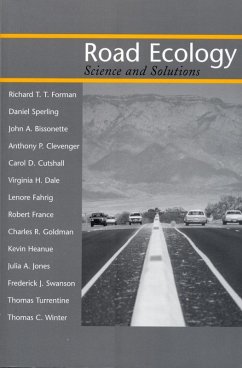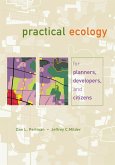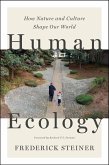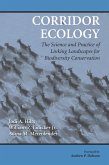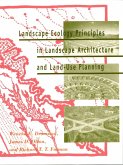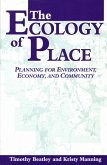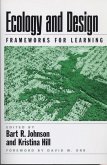A central goal of transportation is the delivery of safe and efficiservices with minimal environmental impact. In practice, though, human mobility has flourished while nature has suffered. Awareness of the environmental impacts of roads is increasing, yet information remains scarce for those interested in studying, understanding, or minimizing the ecological effects of roads and vehicles. Road Ecology addresses that shortcoming by elevating previously localized and fragmented knowledge into a broad and inclusive framework for understanding and developing solutions. The book brings together fourteen leading ecologists and transportation experts to articulate state-of-the-science road ecology principles, and presents specific examples that demonstrate the application of those principles. Diverse theories, concepts, and models in the new field of road ecology are integrated to establish a coherframework for transportation policy, planning, and projects. Topics examined include: *foundations of road ecology *roads, vehicles, and transportation planning *vegetation and roadsides *wildlife populations and mitigation *water, sediment, and chemical flows *aquatic ecosystems *wind, noise, and atmospheric effects *road networks and landscape fragmentationRoad Ecology links ecological theories and concepts with transportation planning, engineering, and travel behavior. With more than 100 illustrations and examples from around the world, it is an indispensable and pioneering work for anyone involved with transportation, including practitioners and planners in state and province transportation departments, federal agencies, and nongovernmental organizations. The book also opens up an important new research frontier for ecologists.
Dieser Download kann aus rechtlichen Gründen nur mit Rechnungsadresse in A, B, BG, CY, CZ, D, DK, EW, E, FIN, F, GR, HR, H, IRL, I, LT, L, LR, M, NL, PL, P, R, S, SLO, SK ausgeliefert werden.

